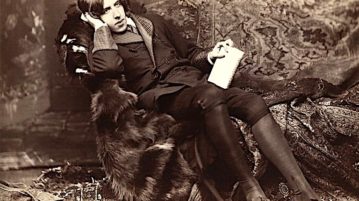
Wilde Up Close and Far Away
FOR A 19TH-CENTURY author, Oscar Wilde is astonishingly present in today’s culture—far more mentioned and quoted than even a perennial favorite like Mark Twain. This, I believe, is due to a combination of factors.
MoreSeptember-October 2022

FOR A 19TH-CENTURY author, Oscar Wilde is astonishingly present in today’s culture—far more mentioned and quoted than even a perennial favorite like Mark Twain. This, I believe, is due to a combination of factors.
More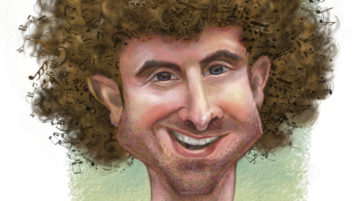
The Impossible Art ends with a magnificent examination of Mozart’s masterpiece Le nozze di Figaro, which Aucoin deems a work capable of transcending opera’s impossibility, indeed a work that “achieves an aerial view of the human soul.” That chapter, “Music as Forgiveness,” the shortest in the book, left me full of gratitude—to Aucoin for writing so beautifully and to Mozart for writing so heartbreakingly.
More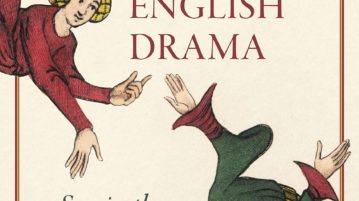
On the Queerness of Early English Drama is divided into two parts. The first, “Queer Theories and Themes of Early English Drama,” provides the theoretical underpinning of Pugh’s analyses of the plays discussed in the second part, “Queer Readings of Early English Drama.”
More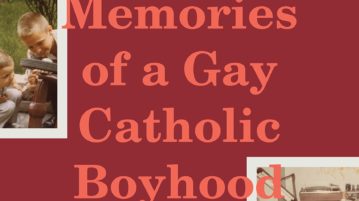
Wanting to move “out of my Catholic cocoon,” D’Emilio chooses to attend a secular college and live away from home. His years at Columbia University, 1966–1970, are the most exciting part of the book, not least because they were tumultuous years in American history and on college campuses.
More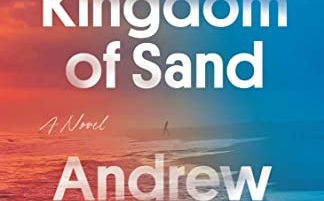
The Kingdom of Sand—a smarter reader than I might be able to explain the title—is a book without a traditional plot, and only a writer with Holleran’s skills could manage to hold his readers without the conventional twists and surprises of most novels.
More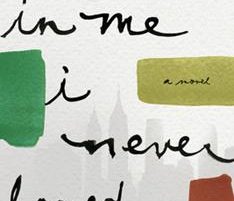
CARLA Guelfenbein’s eighth novel, skillfully translated by Neil Davidson, centers on the lives and loves of four women living in the neighborhood of Columbia University in the 1940’s and in the present time. One in Me I Never Loved opens with Margarita, a Chilean faculty wife observing her fifty-sixth birthday sitting on a bench at Barnard College waiting for Jorge, her physics professor husband, to appear on the arm of one of his students.
More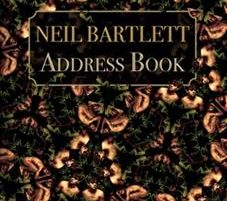
THE BRITISH WRITER Neil Bartlett has constantly astonished me, first with his debut novel, Ready to Catch Him Should He Fall (1992), then with novels such as Skin Lane (2007; reviewed by me in the March-April 2009 issue), and now with Address Book, a collection of seven first-person short stories that take their titles from the address where each occurs.
More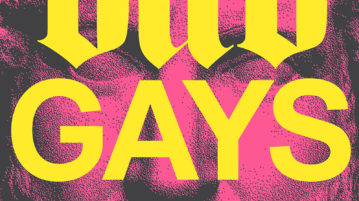
IN THEIR INTRODUCTION to Bad Gays: A Homosexual History, authors Huw Lemmey and Ben Miller illustrate one of their central arguments with a trenchant contrast. Oscar Wilde has emerged as one of the key figures of the contemporary LGBT rights movement, they point out, as he “was one of the first men in British society to give a creative form to a sexuality that barely yet understood itself,” and they agree that he earned this place.
More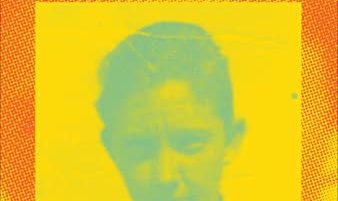
WHEN HER MOTHER said that the mere sight of her made her want to vomit, college freshman Casey Parks reached for solace from her grandmother, a plain-spoken, chain-smoking woman who’d grown up picking cotton. The older woman explained that being a little “different” never bothered her, that, in fact, someone who was different had been her best friend once, when she’d moved from the farm to the city. She spun a tale that captivated Parks for more than a decade, and that made Parks vow to solve a decades-long mystery.
More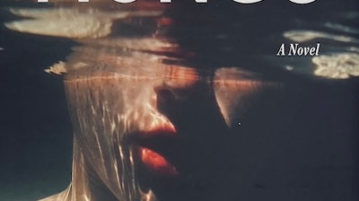
Young Mungo concerns two gentle, adolescent boys who find each other among the ruins. Mungo, age fifteen, a Protestant, lives with his teenage sister Jodie; occasionally with his mother, Mo-Maw, or her boozy alter ego Tattie-bogle (“scarecrow” in Scots), who sends Mungo on a sinister fishing weekend with two besotted strangers whom she has instructed to “make a man” out of him; and sometimes with his gang-leader brother Hamish, a cipher of dejected humanity, who believes his fraternal duty is to teach Mungo to “man up.” James, almost sixteen, a Catholic, lives alone because his widowed father works on a North Sea oil platform for weeks at a time. James breeds racing pigeons in a makeshift dovecot, which is where the boys first meet.
More